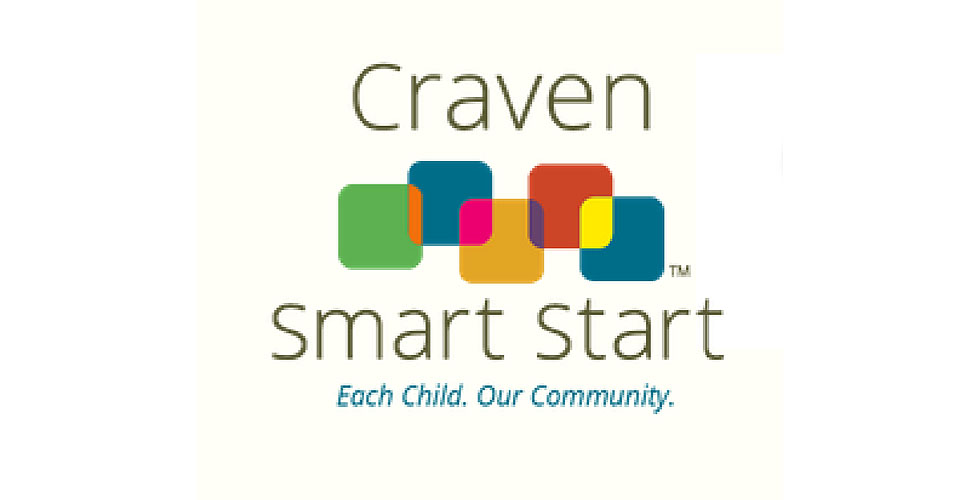
North Carolina families with young children have come to rely on our child care system and the early educators who nurture and care for their children, so that they can work to support their families. Likewise, the state of North Carolina has worked hard, especially over the last 30 years, to improve the quality of child care by strengthening licensing standards and by developing innovative early childhood programs, like Smart Start and the North Carolina Pre-Kindergarten Program and the quality of child care has improved dramatically.
Yet, today, North Carolina is facing “an unprecedented workforce crisis” according to the North Carolina Early Education Coalition, “with fewer people entering the early childhood field and with qualified early educators leaving the field in high rates”. Although the pandemic has made the situation worse, it did not cause this workforce crisis. Unlike a number of other states, North Carolina permitted child care facilities to remain open during the pandemic, by following stringent health and safety guidelines, to provide child care for front-line workers and other essential workers.
So, what has caused this crisis? The primary reason cited by early childhood advocacy groups is the low wages that early educators earn. Simply put, early educators’ compensation is not commensurate with their education and experience. The 2019 NC Child Care Workforce Study in North Carolina, revealed that the median hourly wage was just at $12.00 per hour and $9.09 per hour for family child care home providers. The study also revealed that the majority of these staff had at least an Associate degree or higher and more than 10 years of teaching experience. Further, most teaching staff do not receive health insurance or other benefits and many of them rely on public assistance to help support their families.
Why should we deal with this crisis now? The first five years of life are critical growth and brain development years, which are supported by the nurturing they receive from their parents and the caregivers in their lives. While their parents work, children, who are in child care settings, need experienced, well-trained early educators with whom they can bond and form attachments with to promote their healthy development and early learning. According to the NC Early Education Coalition states, “Professional compensation and benefits for these early educators are urgently needed to attract and retain high-quality educators who can support young children’s development and to keep North Carolina working”.
So, what is the solution? The NC Early Education Coalition reports that, “the current child care financing system is broken: parents can’t afford to pay more, child care programs can’t afford to pay their teachers more and teachers can’t afford to stay for such low wages. Salary supplements do not address the underlying problem of low compensation, but they are an important way to provide financial relief for early educators and must be made available.”
Help may come from the American Rescue Plan, as North Carolina will be receiving an estimated $1.3 billion in federal funds, with some designated to stabilize and strengthen child care. Our North Carolina legislators and state leaders are still hard at work on the state budget, which means this is a really good time for parents, grandparents, child advocates and others to voice their concerns about the child care crisis and ways they can fix it.
For more information about this topic or about Craven Smart Start, please contact Pinkie Moore, Community Outreach Coordinator for Craven Smart Start, by sending her an email.
By Pinkie Moore

